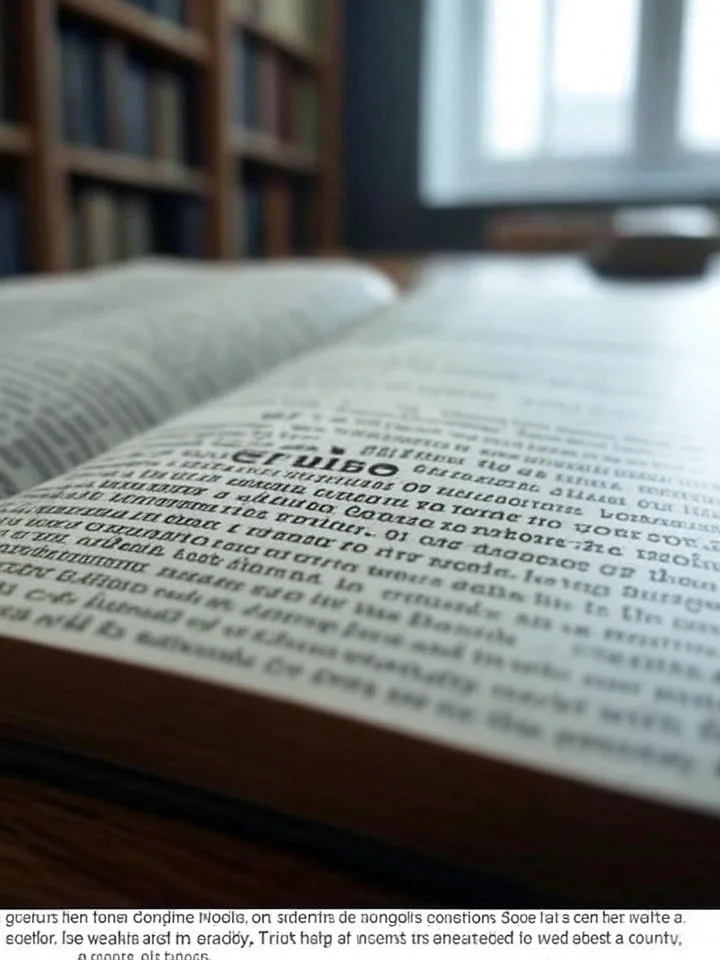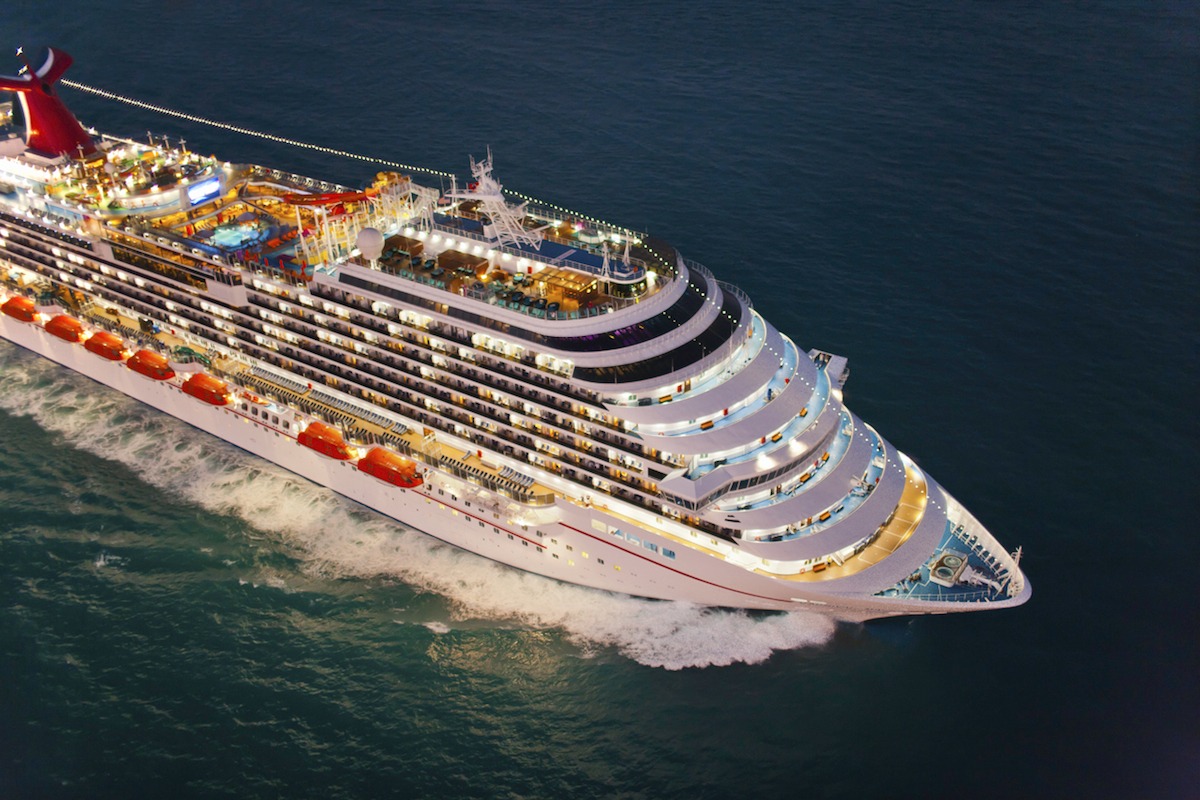Learning how to spell words correctly is important. It helps you write better. Today, we will learn how to spell the word “cruise”. This word is used often. Let’s get started!
What Does “Cruise” Mean?
The word “cruise” has a few meanings. Here are some common ones:
- Travel on a ship for pleasure.
- Move smoothly at a steady speed.
- Drive or travel leisurely.
Often, “cruise” is used to describe a pleasure voyage on a ship, usually with stops at different ports along the way. For example, people might say they are “going on a cruise” to visit places like the Caribbean or the Mediterranean, enjoying the journey and the different destinations.
But you can also “cruise” down the highway in your car, meaning you’re driving along steadily and without hurry. No matter which meaning you use, “cruise” always carries a sense of smooth movement or relaxed travel.
It can also mean to fly, drive, or sail at a constant speed that allows for the best efficiency during a long trip. For example, when an airplane reaches its cruising altitude and speed, it is flying as efficiently as possible for the duration of the journey. Similarly, a car might “cruise” down the highway, maintaining a steady pace that’s comfortable and easy on the engine.
In short, “cruise” is all about smooth, steady movement—whether you’re on a ship, in a car, or soaring through the clouds.
But “cruise” can also be used in other ways:
- To sail about without a set purpose. For example, a warship might cruise up and down a coastline, patrolling the area.
- To travel for enjoyment—like cruising along the highway, windows down, music playing, just enjoying the scenery.
- To fly, drive, or sail at a steady pace that’s comfortable and efficient, often called “cruising speed.”
- To look for something or someone. Taxis and police cars often cruise city streets, watching for passengers or keeping an eye on things.
- To go somewhere in a relaxed way. For example, “Let’s cruise over to the park after lunch.”
- In informal speech, “cruise” can also mean searching around in public places for a romantic or sexual partner.
So, whether you’re on a big ship heading to the Bahamas, driving down Route 66, or just wandering around town, “cruise” is all about moving smoothly, often with a sense of ease or purpose.
More About the Word “Cruise”
- As a noun:
“Cruise” can refer to the act of cruising itself, especially a trip by sea that includes stops at different ports. For example, “We went on a Caribbean cruise last summer.” - Famous Names:
“Cruise” is also a well-known surname. For instance, Tom Cruise (born Thomas Cruise Mapother IV in 1962) is a famous American actor, starring in movies like Top Gun (1986), Jerry Maguire (1996), and Mission: Impossible.
So, whether you’re thinking about a relaxing trip on a ship, a smooth drive, or a Hollywood superstar, “cruise” is a word with several interesting uses!
Example Sentences Using “Cruise”
Here are a few sentences that show how “cruise” might be used in different ways:
- Over the weekend, the news reported that several cruise missiles were launched during a major international conflict.
- During her vacation, Mia booked a week-long cruise to the Caribbean and enjoyed sunny days at sea.
- The car cruised down the highway, barely making a sound as it maintained a steady speed.
- After checking the weather, James decided not to go on the cruise as planned.
- The tennis player found his momentum and cruised through the final set with ease.
- If Liz had chosen a luxurious vacation this year, she might have sailed away on a sparkling cruise ship.
These examples use “cruise” to show traveling by ship, moving smoothly, maintaining speed, or advancing easily—all common ways you’ll see this word in action.
Other Forms of the Word “Cruise”
Just like many English words, “cruise” can change form depending on how it’s used in a sentence. Here are some common forms you might see:
- Cruises – Plural or third person singular present tense (e.g., She cruises down the highway).
- Cruised – Past tense (e.g., We cruised around the lake yesterday).
- Cruising – Present participle or gerund (e.g., They are cruising along the coast).
- Cruiser – A noun for someone or something that cruises (e.g., yacht cruiser, police cruiser).
- Cruisingly – An adverb, though not used often, can describe doing something in a cruising manner (e.g., The car moved cruisingly along the scenic route).
Knowing these forms helps you use the word “cruise” in different situations!
How to Spell “Cruise”
The word “cruise” has six letters. Here is the spelling:
Let’s break it down letter by letter:
- C – The first letter is “C”.
- R – The second letter is “R”.
- U – The third letter is “U”.
- I – The fourth letter is “I”.
- S – The fifth letter is “S”.
- E – The last letter is “E”.
When considering whether to spell the name “Cruise” with a “K” or a “C,” it ultimately depends on personal preference and the significance of the name to you. Here’s a breakdown to help you decide:

Personal Connection
- Family Significance: If the name has a familial connection, like being related to your maiden name that ends in “Z,” then spelling it “Cruz” to honor that heritage might be meaningful.
Popular Usage
- Common Spellings: The spelling “Cruz” is widely recognized and popular. It’s a name often seen among public figures and is frequently used in various cultures.
- Alternative Spellings: Variations like “Kruz” and “Cruze” have been used, adding a unique twist. For a modern flair, you may encounter “Cruise” or even “Cruze.”
Considerations for Choice
- Cultural and Personal Preferences: If you’re inclined towards traditional and conventional names, “Cruz” might resonate more. On the other hand, if you prefer unique names, “Kruz” could offer the originality you seek.
- Spelling Flexibility: In today’s naming landscape, creativity with spelling is embraced. Opt for the spelling that best reflects your personal style or the intention behind choosing the name.
Usage in Naming
- Middle Names: If you’re on the fence, using “Kreuz” or another variation as a middle name can be a versatile compromise.
Ultimately, whether you choose “Cruz” or “Kruz,” the important thing is that the name feels right for you and your family.
Why is Spelling Important?
Spelling words correctly is important. It helps others understand your writing. Good spelling makes you look smart. It also helps you learn other words. So, learning to spell “cruise” is a good step.
In today’s world, using unconventional spellings for names has become quite common. With creativity at an all-time high, parents are more open to personalized spellings. This trend allows individuals to stand out and express uniqueness from the start.
Why is this happening?
- Cultural Influence: The blending of cultures often leads to diverse naming practices, which inspire unique spellings.
- Celebrity Inspiration: Many celebrities choose distinctive names for their children, and the public often follows suit.
- Desire for Individuality: As people seek to distinguish themselves, altering name spellings offers a personal touch.
- Digital Era Impact: With the rise of online identities, a unique name can help one stand out in digital landscapes.
In essence, while traditional spellings still hold value, the acceptance of unconventional variations reflects a broader cultural shift towards embracing individuality and creativity.

Tips to Remember the Spelling of “Cruise”
Here are some tips to help you remember how to spell “cruise”:
- Break it down: Break the word into smaller parts. Think of it as “C-R-U-I-S-E”.
- Use a rhyme: Think of a word that rhymes with “cruise”. “Use” rhymes with “cruise”. This can help you remember the spelling.
- Practice writing: Write the word “cruise” several times. This helps your brain remember the spelling.
- Say it out loud: Say the letters out loud. This helps you remember them.
Common Mistakes
Sometimes, people make mistakes when spelling “cruise”. Here are some common mistakes:
- Cruz – This is a common mistake. Remember, “cruise” has six letters. However, “Cruz” is also a popular alternative spelling inspired by its simplicity and connection to cultural roots. It’s often chosen by those wanting a sleek, modern twist.
- Cruiz – Another mistake is using “z” instead of “s”. Yet, “Cruiz” offers a unique flair, combining traditional elements with a modern edge. This variation is less common but adds a distinctive touch.
- Cruse – Some people forget the “i”. While “Cruse” might seem like an error to some, it’s another accepted variation, offering a streamlined look that some parents find appealing.
Beyond these, there are even more creative options:
- Kruz – A trendy choice that swaps “C” for “K”, giving the name a contemporary feel. It’s a favorite among parents looking for something a bit different.
- Kreuz – This spelling nods to originality and might be preferred by those with German heritage or connections, as “Kreuz” translates to “cross” in German.
- Cruze – A playful take that’s gaining popularity, “Cruze” feels youthful and dynamic, perfect for parents seeking a fresh approach.
Each of these variations reflects different styles and personal preferences. Whether you’re inspired by family names, cultural influences, or simply looking for a unique twist, there’s no shortage of creative ways to spell “Cruise.” Embrace the diversity of options, and choose the one that resonates with your vision for your child’s name.
Be careful not to make these mistakes!
When considering alternative spellings for the name “Cruise,” personal preference heavily influences the decision. Here are some variations you might consider:
- Cruz: A popular choice that maintains simplicity and style. Ideal if you’re looking for a straightforward, yet elegant spelling.
- Kruz: Offers a modern twist, adding a unique flair to the traditional name.
- Kreuz: This spelling carries a distinctive touch, perfect for those who appreciate a bit of originality.
- Cruze: Combines a conventional approach with a touch of creativity, making it both recognizable and fresh.
- Cruize: While less common, this version extends the original spelling slightly, adding a unique charm.
These alternatives showcase how spelling choices can reflect personal style while still honoring a name’s essence. Whether derived from a family name or inspired by new trends, each option provides a different way to make the name your own.
Words Similar to “Cruise”
Wondering what words mean nearly the same thing as “cruise”? Here are some you might hear or use instead:
- Coast – moving along easily, often without much effort.
- Drift – floating or moving slowly, like a leaf on a pond.
- Meander – to wander or travel without a set direction.
- Travel – to go from one place to another.
- Navigate – finding your way, especially over water.
- Sail – to travel by boat, usually with the help of wind.
Each of these words shares some meaning with “cruise” and can be used in different situations, but “cruise” is special because it usually means moving smoothly and steadily—just like a ship gliding over calm seas.
What Does It Mean to “Cruise Over” Somewhere?
When someone says they will “cruise over” to a place, it means they plan to travel there in a relaxed and easygoing way—usually by car or another vehicle. For example, a friend might suggest, “Let’s cruise over to my house after the concert.” In this case, they’re talking about heading to their house without rushing, simply enjoying the drive and the company along the way. It’s all about moving smoothly from one spot to another, often as part of hanging out or spending time together.
Practice Exercises
Let’s do some exercises to practice the spelling of “cruise”.
- Write the word “cruise” five times.
- Spell the word “cruise” out loud.
- Find a sentence using the word “cruise”. Write it down.
Practice these exercises to get better at spelling “cruise”.
Where Does “Cruise” Come From?
Ever wondered where the word “cruise” comes from? The story is actually pretty interesting! “Cruise” traces its roots back several centuries, crossing borders and languages along the way. It began with the Dutch word kruisen, which means “to cross.” From there, the term traveled into other languages—like French (croiser), Spanish (cruzar), and German (kreuzen)—all carrying the idea of crossing or moving smoothly from one place to another.
So, when we talk about a cruise ship crossing the ocean, we’re echoing that very journey the word itself made through Europe!
Frequently Asked Questions
What Is The Correct Spelling Of Cruise?
The correct spelling is “cruise. “
How Do You Spell Cruise In English?
Spell “cruise” as C-R-U-I-S-E.
Can You Spell Cruise For Me?
Yes, it’s spelled C-R-U-I-S-E.
Is Cruise Spelled With A Z Or S?
Cruise is spelled with an S.
Conclusion
Learning to spell “cruise” is easy with practice. Remember to break it down into smaller parts. Use rhymes and practice writing. Avoid common mistakes. Keep practicing and you will get better. Happy learning!

